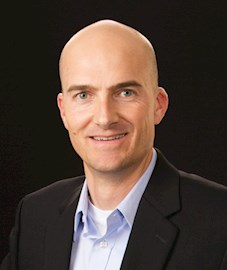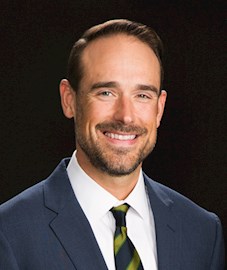Supreme Court Affirmance in Amgen v. Sanofi Leaves Legal Standard for Patent Enablement Undisturbed
The legal standard for enablement – the statutory requirement under 35 USC § 112 that a patent must enable those skilled in the art to “make and use” the claimed invention – remains unchanged after the US Supreme Court affirmed the US Court of Appeals for the Federal Circuit’s judgment in Amgen Inc. v. Sanofi on May 18, 2023.
In a short opinion, Justice Neil Gorsuch wrote for a unanimous Supreme Court that agreed with Sanofi, the government and the lower courts that Amgen’s patents on its cholesterol drug Repatha were invalid, because the broad “genus claims” in those patents would require a person of ordinary skill in the art to engage in “undue experimentation” to make every species of antibody covered by the claims. The Supreme Court’s decision leaves the law on enablement unchanged: a “genus” patent claim is not enabled unless every species covered by the claim is described in the patent, or the patent describes the genus by sufficient structural details that are shared by every species in the genus.
The reasoning in the Supreme Court’s opinion centered on reaffirming the vitality of its earliest decisions on patent enablement dating back to the 1800s. Recognizing that those cases often dealt with simpler technologies, the Supreme Court emphasized that Section 112’s enablement requirement is the same for all technologies and applies equally to technologies old and new. The opinion also noted that the Patent Act’s enablement requirement has been the same since the years after the country’s founding, and that the law has always required patent applicants who “claim a lot, to enable a lot.” In other words, to fulfill the quid pro quo implicit in patent law, inventors must provide an ample disclosure of their inventions to the public that is at least commensurate with the scope of the limited monopoly they seek from the government.
The Supreme Court’s decision will likely have a muted impact on patent owners. In reaffirming existing law, the Supreme Court did not announce any new test for evaluating whether the enablement requirement is met – or signal any interest in revisiting the enablement requirement anytime soon. In practice, the outcome of this appeal means that patent applicants should continue to utilize the same types of strategies that have become commonplace in modern patent prosecution practice. For example, if a patent covers more than an incremental improvement, a patent applicant should consider investing the resources required to generate a patent disclosure that provides a fulsome description of the full range of embodiments that the applicant desires to claim, and/or sufficient details in the disclosure to enable a skilled practitioner to fill out the full scope of the claims without the need for extensive experimentation or new discoveries. As Gorsuch’s opinion explained, “[i]f a patent claims an entire class of processes, machines, manufactures, or compositions of matter, the patent’s specification must enable a person skilled in the art to make and use the entire class.” And while the Supreme Court acknowledged that this standard does not prohibit some reasonable amount of experimentation to make and use the full scope of a patented invention, it cautioned that the amount required cannot amount to a “research assignment.” The determination of what constitutes undue experimentation will continue to be a question of law for lower courts, with outcomes that vary based on the predictability of the technology at issue and the specific facts of each case.
This content is provided for general informational purposes only, and your access or use of the content does not create an attorney-client relationship between you or your organization and Cooley LLP, Cooley (UK) LLP, or any other affiliated practice or entity (collectively referred to as “Cooley”). By accessing this content, you agree that the information provided does not constitute legal or other professional advice. This content is not a substitute for obtaining legal advice from a qualified attorney licensed in your jurisdiction and you should not act or refrain from acting based on this content. This content may be changed without notice. It is not guaranteed to be complete, correct or up to date, and it may not reflect the most current legal developments. Prior results do not guarantee a similar outcome. Do not send any confidential information to Cooley, as we do not have any duty to keep any information you provide to us confidential. This content may be considered Attorney Advertising and is subject to our legal notices.

